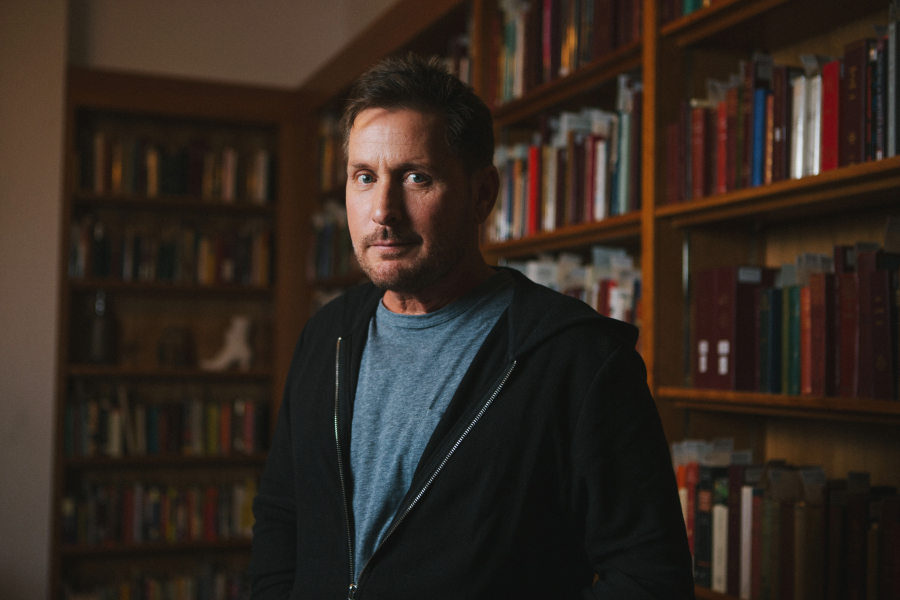TORONTO — It’s a little surreal to meet Emilio Estevez in a library. Movie fans of a certain age would be forgiven for expecting him to break out dancing atop the stacks, as he did 33 years ago in “The Breakfast Club.”
But today the ’80s avatar is in the midst of rebranding himself. Now 56, Estevez has directed six films. His seventh, “The Public,” had its world premiere Sept. 9 at the Toronto International Film Festival. Like most of his previous directorial efforts, the film is suffused with modest, humanist values that raise an inescapable question: Can a guy as nice as Emilio Estevez not just get ahead in this business, but still find his place in it?
“That is the question,” Estevez said during an interview at the Toronto Public Library. He’s been a fan of libraries since doing most of his research for his 2006 film “Bobby” in his local downtown branch in Los Angeles. “The Public,” which stars Taylor Schilling, Alec Baldwin, Jeffrey Wright and Gabrielle Union, was filmed in 2017 at the Cincinnati Public Library. The movie takes place during a life-threatening cold snap in the city when a group of homeless men — many of them struggling with mental illness and addiction issues — barricade themselves inside with the help of a caring reference librarian, played by Estevez himself.
The film was inspired by an essay that the filmmaker read several years ago by a librarian explaining how cuts in the social safety net had made him and his colleagues de facto first responders in one of the last bastions of shared social space for people of all backgrounds, social classes and ethnic identities.



